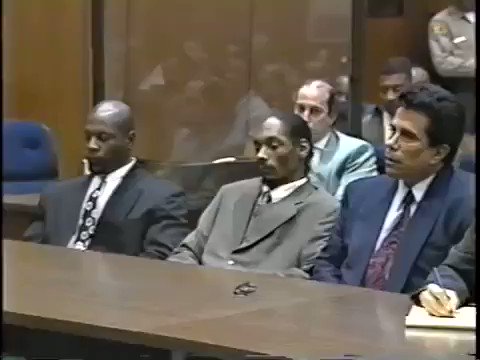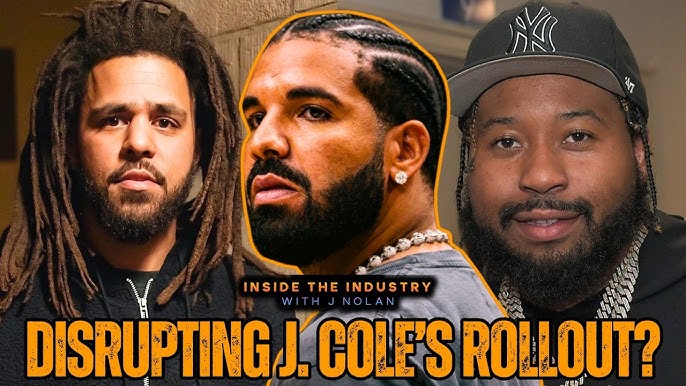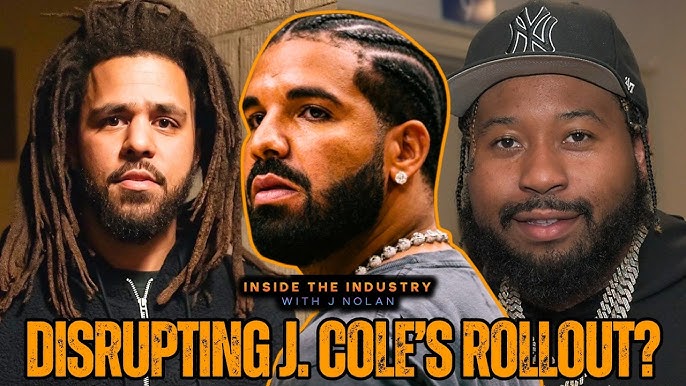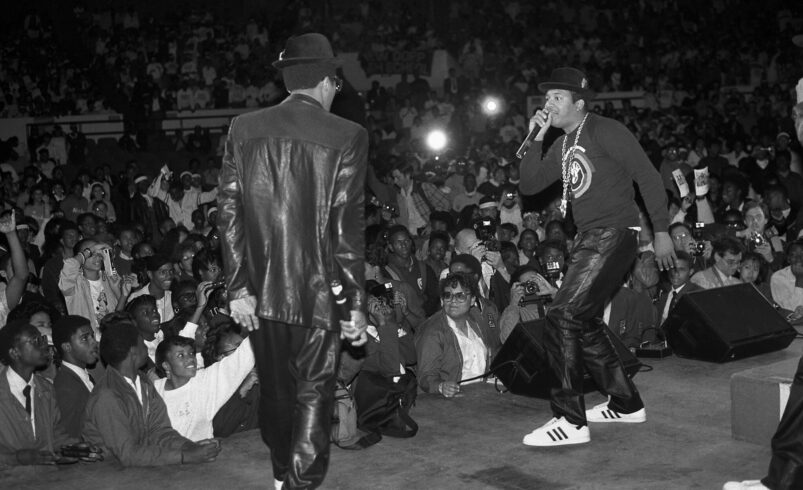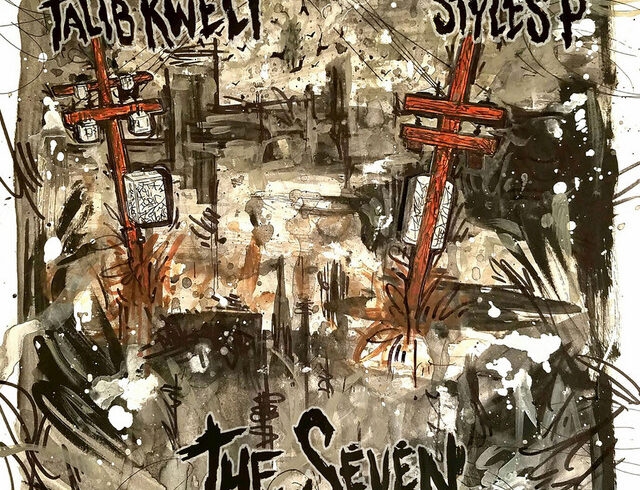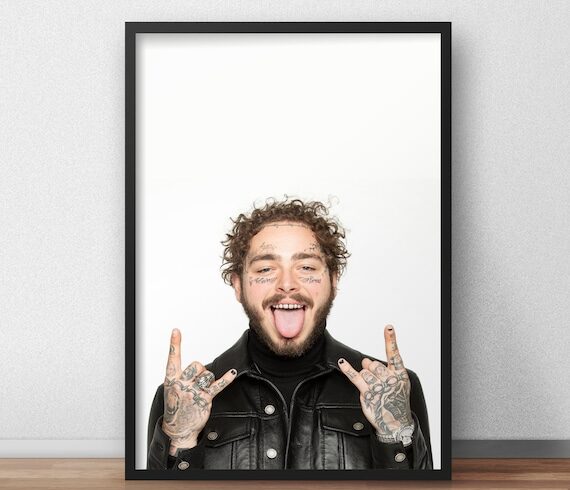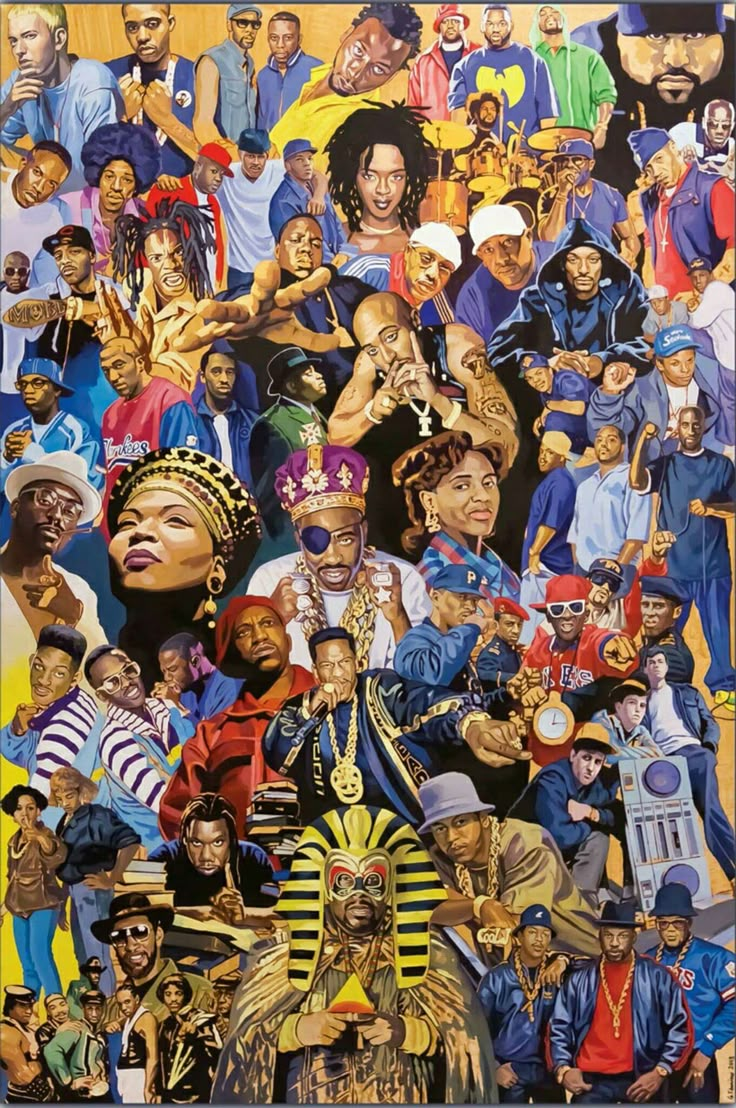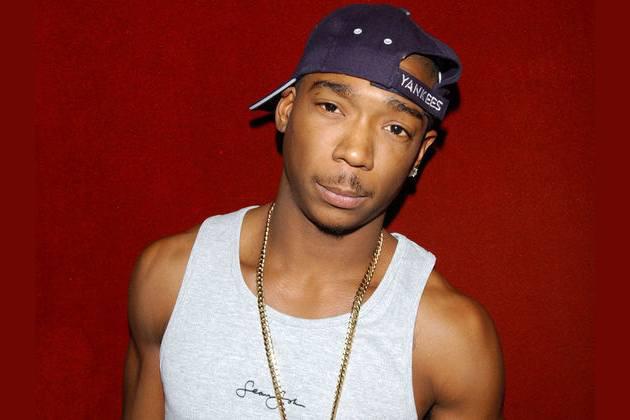As hip-hop gains momentum, its followers face more opponents, and problems arise within the culture itself – the success of some inevitably breeds envy and discontent among others…
Hip-hop Under Scrutiny
Rap and hip-hop culture have become a truly global phenomenon, creating a real industry. Even conservative estimates suggest this industry’s annual revenue is about $8 billion. Besides fashion, lifestyle, and language, this culture has offered an unorthodox way of doing business. Not exactly impoverished. Hence, certain structures are waiting for them to share focus on the guys in baggy pants. This interest is fueled by specific publications (RAP does not count), which only consider this culture from one angle – “how much money do they have” and “they’re all gangsters.”
After the death of Jam Master Jay, a special task force was created in the New York police, working with FBI agents, monitoring the activities and other movements of rappers. Members of this group work under heavy cover – neither the names nor the faces of these people are known to employees of other departments. This secrecy is related to an old story: there once was a similar unit dealing with black people, but one day information about its existence reached human rights activists. And American human rights defenders know how to make a fuss. In short, heads rolled along with sneakers, and policies became encrypted.
Perhaps there are rats among the rappers: one gets caught with coke, another with a gun. All would be okay, but gradually, for outside citizens of consciousness, music and ideas took a back seat, while today all the filth, fuss, and decay of life surrounding hip-hop is foregrounded. And cops write their dossiers without much understanding of who there is a musician and who is a gangster – as the saying goes, there would be a person, and there will always be an article…
The more momentum hip-hop gains, the more opponents its supporters face, and problems arise within the culture – the success of some always evokes envy and discontent from others, and a separate category of citizens tries to take over any successful initiative…
Pee Wee Kirkland
The main problem with hip-hop is the labels, which have flipped everything upside down. Supposed to promote the culture, they created a monopoly in rap, thereby cutting off its air. Now, young musicians are left out; they cannot break through and continue selling drugs, stealing cars, and doing nonsense to feed their families, though they might do so more respectfully if it weren’t for a couple of particularly greedy gentlemen… On the other hand, so-called independent labels are the best that happened to hip-hop. It’s them to thank for the culture’s development. But there should be a specific balance between those who have already become famous and beloved and those who could become so if not for… the labels.
Crazy Legs
When a newcomer comes to Rock Steady, there’s an attempt to help them in every possible way, but with one condition – they must also take someone else under their wing. This way, a new generation of musicians is created, ensuring that everything achieved over the past 25 years isn’t lost. After all, for many, rap is a much broader concept than just music. Musicians themselves should value the chance to give their brothers and sisters a chance – there’s enough work for everyone here.
Every one of us (musicians) must realize that they owe this culture. If one does not know how to do something, he will not be able to. He needs a mentor. It would be damn fabulous to create a kind of school where the best musicians could teach the beginners and each other. Otherwise, people not directly connected to our culture know only what they see. Somehow I was in the company of people for whom a black person is almost an alien. These guys were sure that all I know besides rap is nothing. Had to explain to them that I am also a businessman – it wasn’t easy. Consider television – we are not allowed to say a word there, you might get the impression that all I do is drink champagne with girls. But when I have something worthwhile to say, it’s simply cut out (big hello to MTV!).
Benzino
No one wants to deal with those guys who ended up in jail or are on probation. Yet hip-hop came to them, and I believe in it, saved many guys – we often deal with those who have long been written off. As for problems: while hip-hop was busy with its affairs, the MTV generation rose. I see the situation this way: MTV became interested in hip-hop, used it, got what they wanted, and threw it away. So Eminem appeared. I have nothing against Em, but any other blue-eyed blond could be in his place. Remember how everyone marveled at Elvis’s commercial success, and history might repeat itself. And we…
Eve
We are our own enemies. Many musicians say such things! On the other hand, there shouldn’t be censorship in music. Actually, I don’t think about the state of hip-hop as often as I probably should… Recently, my organization Love Is Blind Foundation started operating; I come there and just talk to kids, teenagers… To let people know that musicians have brains and thoughts, rappers should interact with people, not TV folks and the like…
Baby
Yes, many guys want to get into the game called hip-hop, but they don’t know how to do it. They can’t just come to a label and drop their demos. But there are people like me and Dash. We don’t lose touch with the ghetto, and when approached with such proposals, we are ready to help. We know what success means and what you have to go through on this path. But even after reaching the goal, you must fight for survival.
Fabolous
Hip-hop should be seen not only as music but also as motivation, something capable of inspiring and encouraging. You can’t lose touch with youth, the ghetto you grew up in. It seems that rappers have become practically unreachable for regular guys – that’s wrong. We must do something real for these kids. At least make videos there (besides Los Angeles and Miami, there are many other places)…
L.Londell MCMillan
Too much money revolves around hip-hop, and musicians only get crumbs. Therefore, we must change this business model ourselves. We must support and foster each other’s businesses, we must fight for the right to own our work. We should strive for labels to invest money in the culture’s development, not just profit from it.
Talib Kweli
I’m not sure we can say: “Hip-hop is in danger.” The problem is much deeper: racism, oppressed people, poverty. And the biggest bullshit I consider is a lack of self-respect, underestimating oneself, and lack of moral and spiritual values. We don’t value our lives, and we don’t value ourselves.
James Prince
The basis of all attacks on hip-hop is, in my opinion, racism. It still remains the biggest problem in the States. Plus, envy and the police. Some people just freak out because we have risen, gotten wealthy, and can afford to work with different people regardless of their criminal record…
P.Diddy
The music industry is not going through the best financial times now. Perhaps it will be harder for rappers than anyone else, as we spend more than others on our culture. We die alone. In the music world, everything is so encrypted that you learn about your neighbor’s bankruptcy last.
Musicians should instill in the listeners that it’s not cool at all to buy pirated discs and download music from the internet.
These are the not-so-cheerful thoughts that grip the musicians themselves. And although they all name seemingly different reasons why one should worry about modern hip-hop, everything boils down to one: without resolving internal contradictions and problems, it’s hard to fight for the development of this culture.


